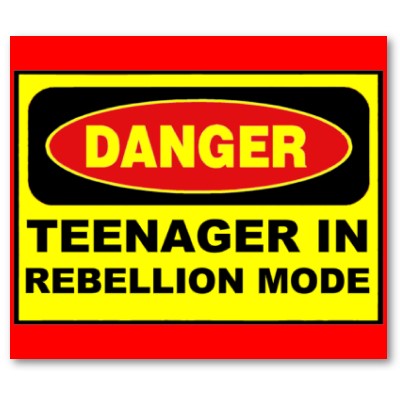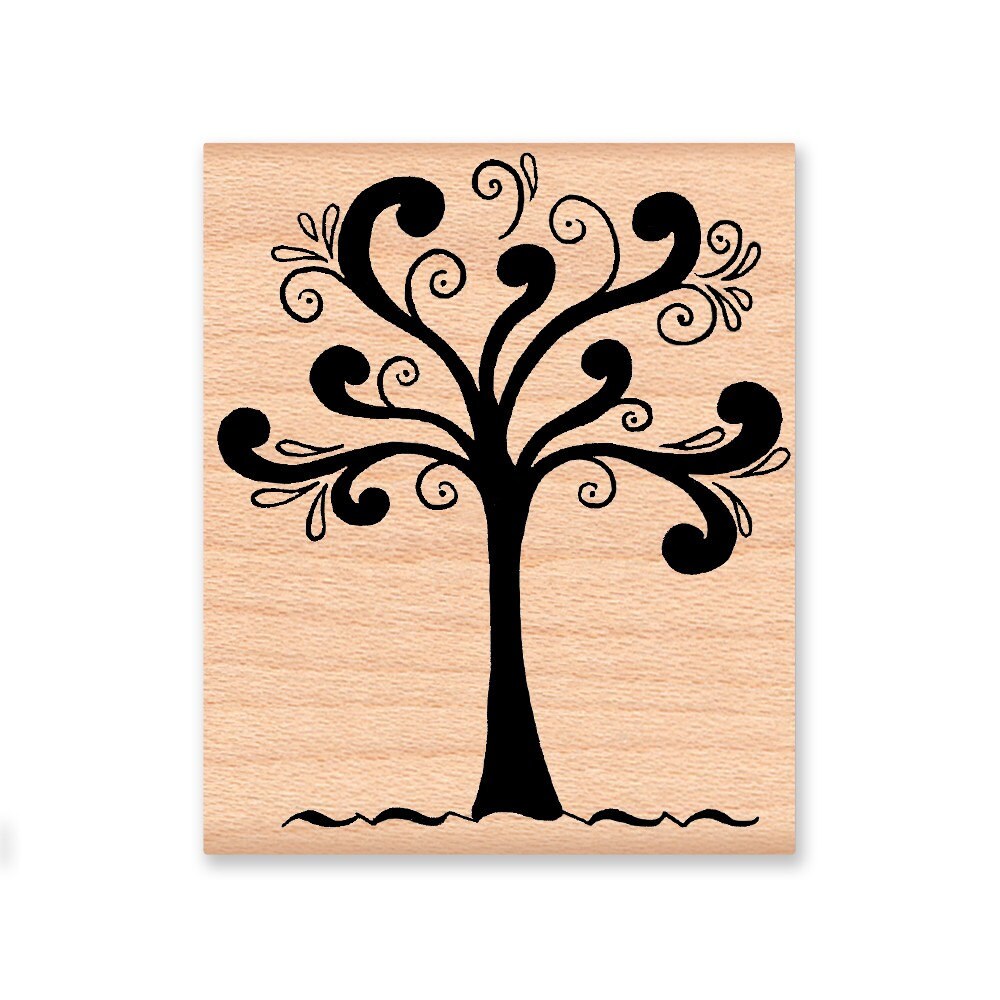Here's me (in a nutshell):
My parents were pretty liberal and progressive (especially for the part of CA I grew up in). My mom started going to the Unitarian Universalist church when I was 8. I started going with her when I was 10 or 11. I took OWL (Our Whole Lives) when I was 12 (going into 8th grade). The comprehensive sex ed curriculum emphasizes knowledge, clarifying values, and relationships. It was really great. But the intention of the curriculum (as I saw it then and still see it) of giving teens information so they can decide the best path for themselves, was colored drastically by my mom's own values around sex. Sex is sacred for her (largely impacted by the fact that she was sexually abused as a child), and must only exist within the confines of a long-term and stable loving relationship. I was taught my body was my body, but I was also taught that my parents controlled my actions, behaviors, and relationships. Bottom line: I might be in love as a 15 year old, but I was most certainly not in a long-term and stable relationship and my parents had the final say around my relationships and so sex was ultimately not permissible. Talk about some complex and inflexible messages.
And then there were the (unfortunately) classic messages in high school (from peers and parents) that a guy who has sex is a stud and a girl who does is a slut. That sex before marriage was a bad idea, but it was really, really bad if pregnancy was a result. That you should not be having sex or you're grounded, but I'm also not going to give you the means to have it safely (i.e., birth control, condoms, etc), even though I know you are having it. What?!
Even though J isn't writing any part of this post, I can safely say that he had a very similar experience growing up. So when we met and began talking about our past sexual histories, we found a lot of sympathy and empathy from one another.
Now this book. Not Under My Roof by Amy Schalet is fantastic. Comparing the culture in the US versus Denmark around teenage sexuality makes me furious, sad, and hopeful all at once. Furious and sad thinking about my own experience and about all of the people growing up with such sex-negative messages. Hopeful in that organizations like Planned Parenthood have continued to take research like this to heart and have accordingly maintained sex-positive and honest messaging and programming around teenage sexuality. It is also my hope that our culture is changing.
Here is a really brief summary of the book, outlined simply by the distinctions between the two cultures. I highly recommend it, and reading the book in its entirety is totally worth it, especially since these are just snapshots of her main points. The interviews and vignettes she includes as examples and illustrations are worth the read.
 US Perspective & Culture:
US Perspective & Culture:-Raging hormones: who hasn't heard of teenage sexuality being fueled purely by teens' "raging hormones"? This is exactly how my mom characterized teen desire. We were all just a bunch of hot messes, and it all had to do with those pesky hormones. My ability to genuinely love someone was somewhat out of the question.
-The drama of adolescent sexuality: Teen sexuality is seen as a soap opera. Teens have passionate and short-lived relationships that may include rebelliousness, pregnancy, and drugs. Two teens spending the night together? "Not under my roof" is the message loud and clear. Moreover, American parents tend to teach a gender-polarized lesson: that boys only want sex and girls only want love (I am shaking my fist at you, John Gray!!) Girls versus boys, women versus men makes for a conflict-ridden social and romantic arena.
-Adversarial individualism: Teens in the US must fight against their parents in order to "earn" their adult status. They must learn to "live on their own," do things for themselves, be financially independent, and self-sufficient in every other way before parents see them as adults.
-Connection through control: American parents often attempt to stay connected to their teens through controlling their behavior. Curfews, staying in touch when apart, strict punishments and disciplining are all part of this. "Sneaking around" and "getting caught" are the yin and yang of the American teenage experience.
-Romantic rebels: American teens (both girls and boys) tend to think they cannot control the outcomes of their sexual behavior (who can blame them? if they haven't been given the information or resources to do it safely, wouldn't you assume it was a Russian roulette to have sex?) Also, girls still experience the double standard- no sex=prude, sex=slut.
Dutch Perspective & Culture:
-Regulated love: Dutch parents believe that their teens are fully capable of being in love, and they believe that their teens are capable of making careful decisions around relationships and sex if they have been given appropriate information. A paradigm of "raging hormones" doesn't really exist.
 -The sleepover: The perfect example of how the two cultures differ. Dutch parents prefer to help their teens create and maintain healthy and loving relationships. Many parents will allow their teens to have a boyfriend or girlfriend stay the night as long as the relationship is longer-term, and the family has been able to build a relationship with the person. (Reminds me a lot of poly negotiations!) Dutch parents help their teens access birth control and other reproductive and sexual health services. Many Dutch parents want to stay connected to their teens and want to be a part of the process their teens take in becoming adults.
-The sleepover: The perfect example of how the two cultures differ. Dutch parents prefer to help their teens create and maintain healthy and loving relationships. Many parents will allow their teens to have a boyfriend or girlfriend stay the night as long as the relationship is longer-term, and the family has been able to build a relationship with the person. (Reminds me a lot of poly negotiations!) Dutch parents help their teens access birth control and other reproductive and sexual health services. Many Dutch parents want to stay connected to their teens and want to be a part of the process their teens take in becoming adults.-Interdependent individualism: Teens in Denmark are taught how to take others into consideration before going after what they want, and the interdependent family is highly valued. A turning point for teens in becoming adults is living on their own, even if they are still financially dependent; so college students living on their own are often considered adults. However, even young people living at home can be considered adults. The bigger idea is that a young person knows the skills to take care of themselves- cooking, cleaning, financial management, how to take care of themselves emotionally and physically.
-Control through connection: Dutch parents maintain "control" over their teens by staying connected to them. Without the tug-of-war present in the drama of American teenage sexuality, Dutch teens are more honest with their parents and vice versa. Negotiation is often less heated, and parents just as much as teens make concessions and compromises.
-Regular lovers: Dutch teens tend to assume they can proactively prevent any negative outcomes from having sex. Dutch teens deal less than American teens do with gender binaries around sex and love. The "normality of love" allows girls to experience sex without slander, and also allows boys to integrate sex with love without penalty.
She does a great job of covering the social, political, and religious forces at play in both countries and how they impact societal values and family dynamics. Again, the book is worth a read; I can't even cover half of it here.
If I ever had kids (and I don't think I will, but you never know), I would hope I could maintain more of the Dutch attitude. It would be so important to me to allow for conversation and growth, and to remember that my kids were individuals with individual paths and experiences. I wouldn't want a sense of fear of pregnancy or STIs to impact the decisions I let my kids make. Rather, I would hope that it would motivate me to have honest conversations and provide them with appropriate tools and resources to make the healthiest decisions for them.
No comments:
Post a Comment